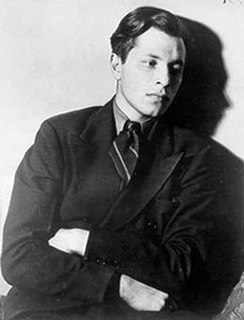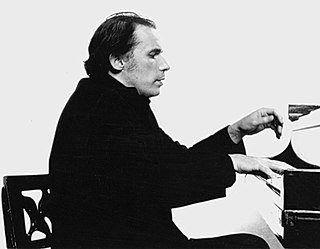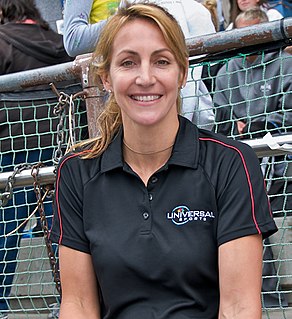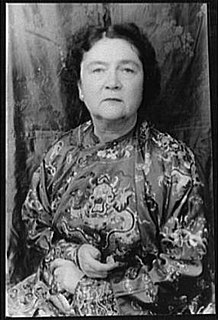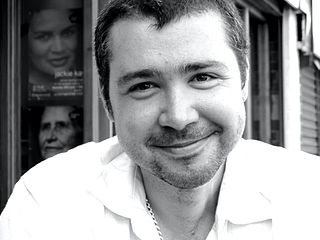A Quote by Ernest Hemingway
I always try to write on the principle of the iceberg. There is seven-eighths of it underwater for every part that shows.
Related Quotes
In real life, when you have an emotional experience, it's never just because of the thing that's been said. There's the backstory. It's like [Ernest] Hemingway's iceberg theory - the current emotional moment is the tip of the iceberg and all of the past is the seven-eighths of the iceberg that's underwater.
I don't know what the effective ratio would be, but I've always had some sort of intuition that for every hour you spend in the company of other human beings, you need "x" number of hours alone. Now, what "x" represents I don't really know; it might be two and seven-eighths or seven and two-eighths, but it is a substantial ratio.
I always loved putting on shows - when you're the youngest of seven and five are older sisters, you've got to get noticed somehow! I did puppet shows and magic shows... even ventriloquism. My doll's name was 'Dan,' and I used to write these scripts, and my schoolmate hid under the table and supplied Dan's voice.
The vast majority of psychopaths, like an iceberg, are underwater, and like an iceberg, they are inert. They do nothing. They're just there. They torment their spouse by being unempathic, but they don't beat her or kill her. They bully coworkers, but they don't burn the office. They are not dramatic. They are pernicious. Most psychopaths are subtle. They are more like poison than a knife, and they are more like slow-working poison than cyanide.
Hemingway, damn his soul, makes everything he writes terrifically exciting (and incidentally makes all us second-raters seem positively adolescent) by the seemingly simple expedient of the iceberg principle - three-fourths of the substance under the surface. He comes closer that way to retaining the magic of the original, unexpressed idea or emotion, which is always more stirring than any words. But just try and do it!
The danger that keeps me just a little frightened with every book I write, however, is that I'll overreach myself once too often and try to write a story that I'm just plain not talented or skilful enough to write. That's the dilemma every storyteller faces. It is painful to fail. But it is far sadder when a storyteller stops wanting to try.


